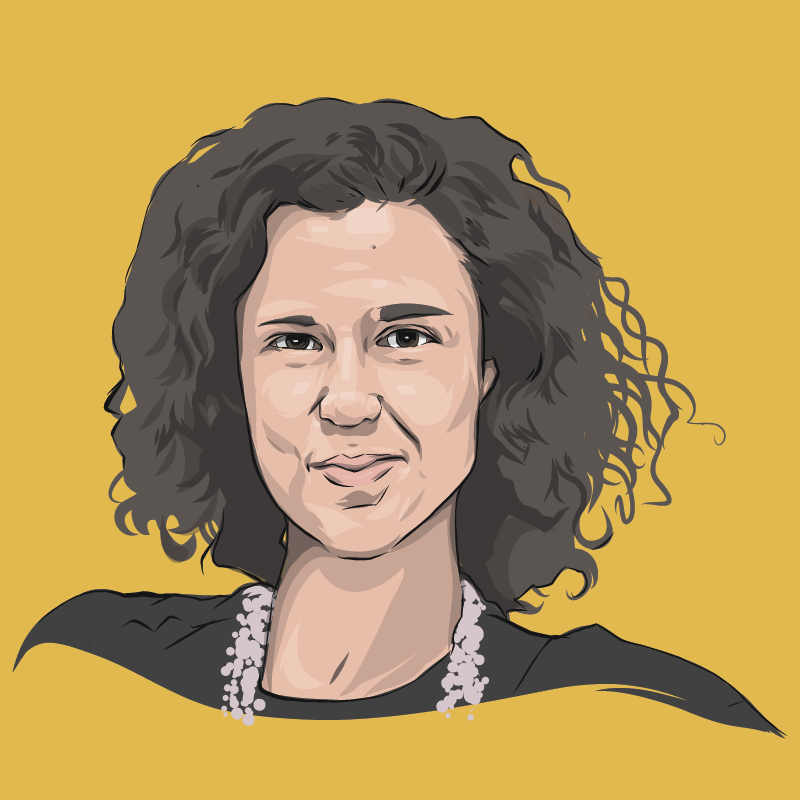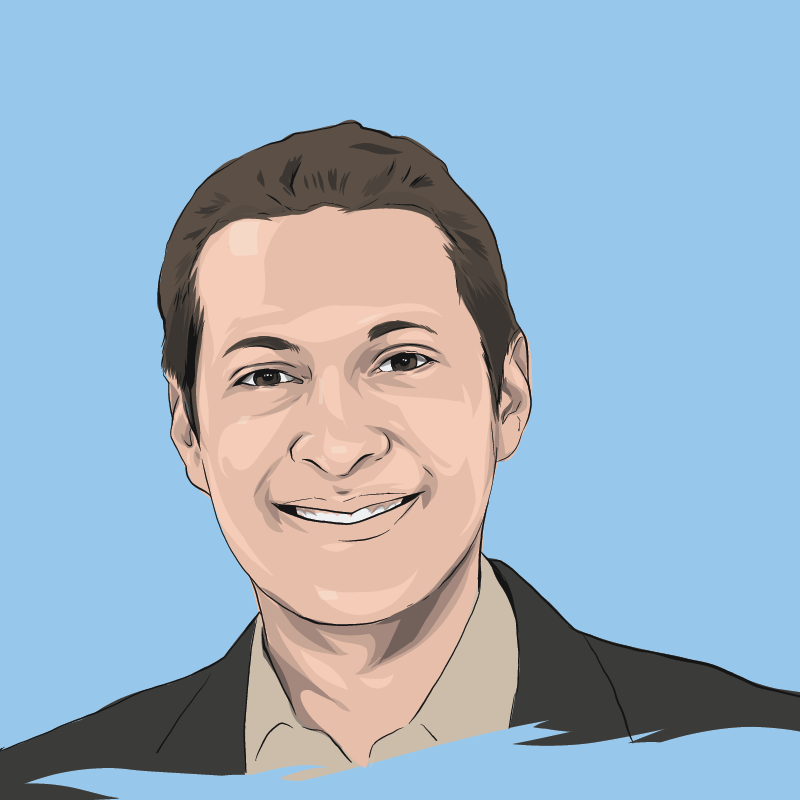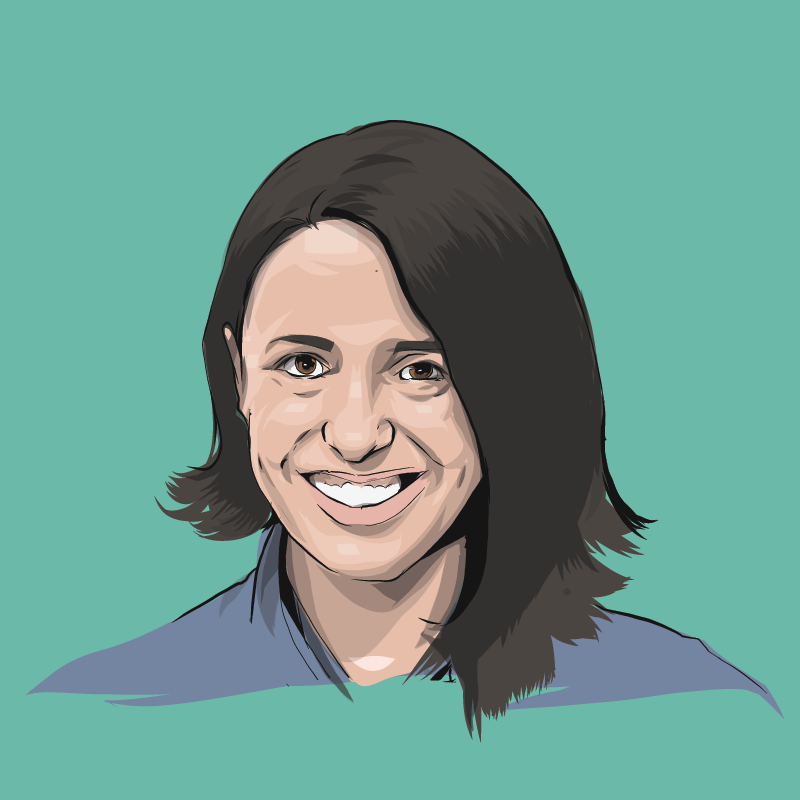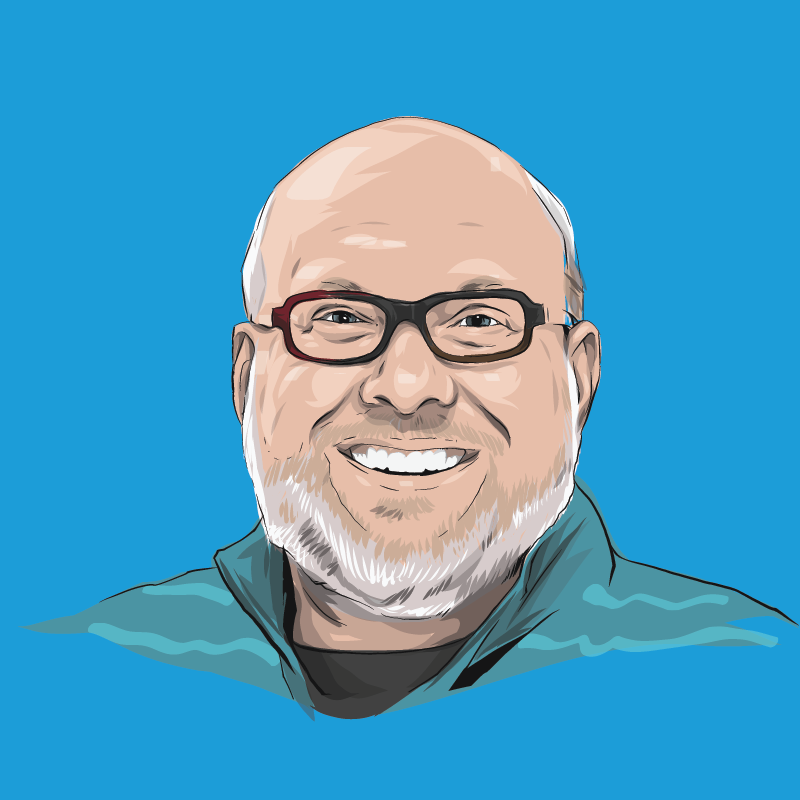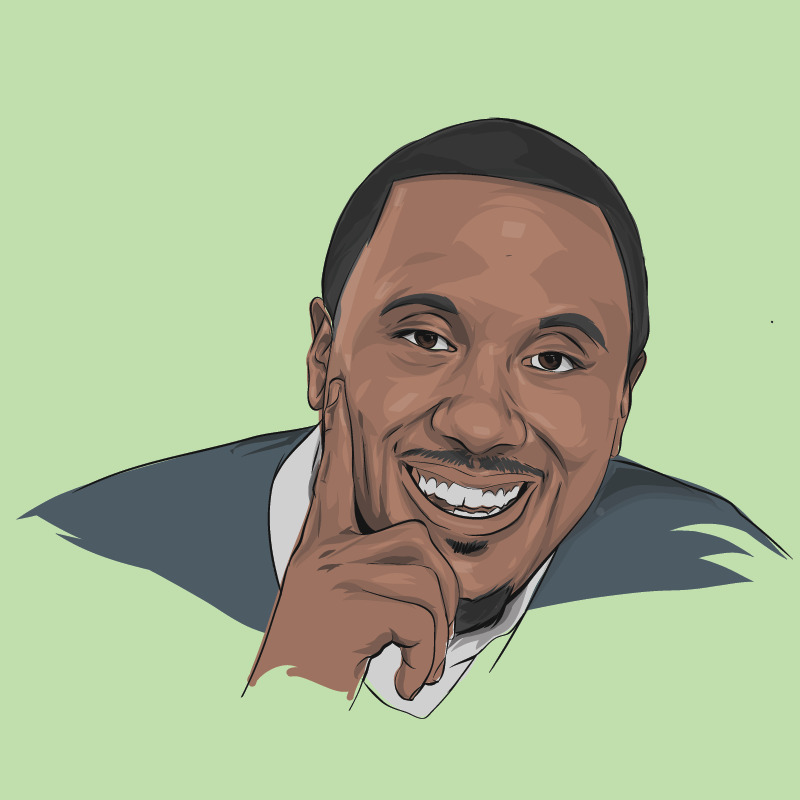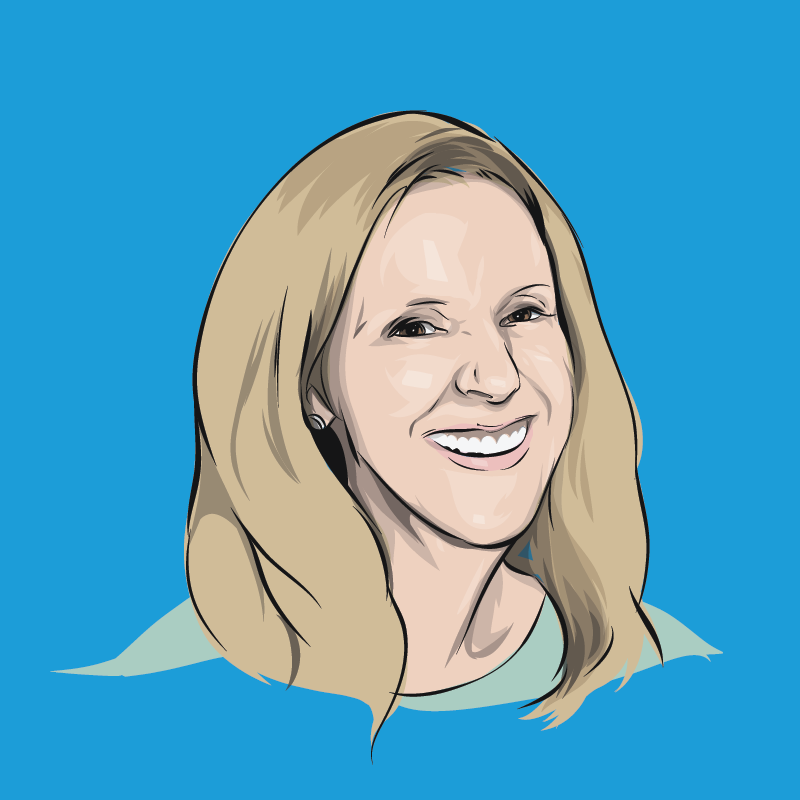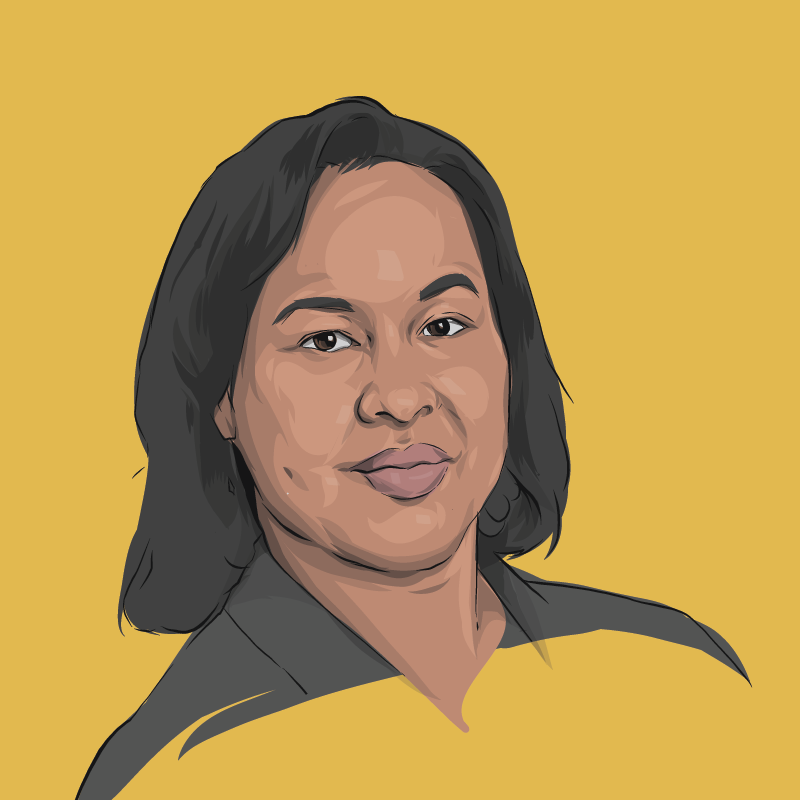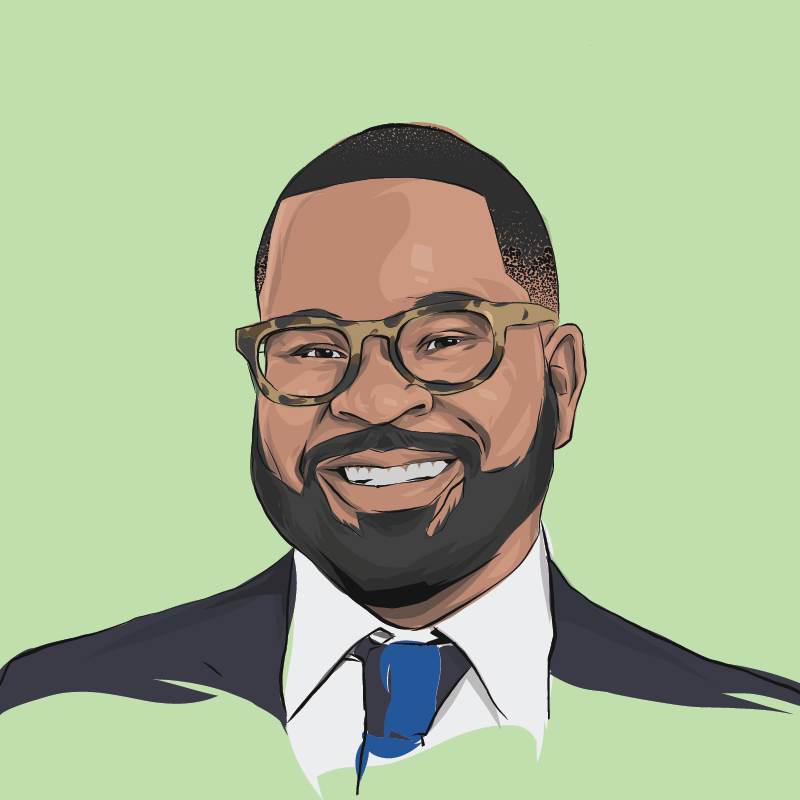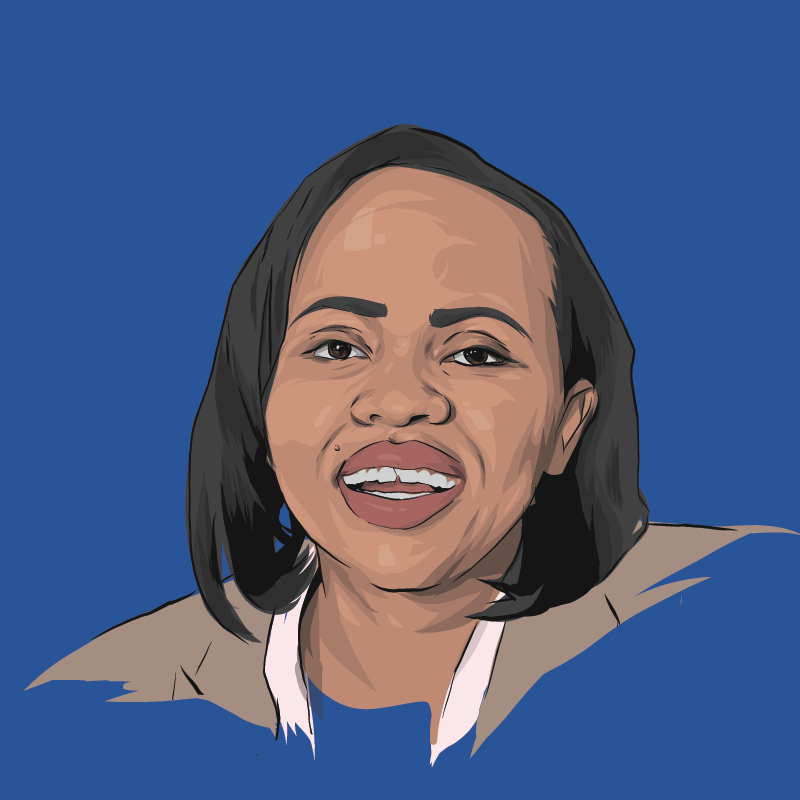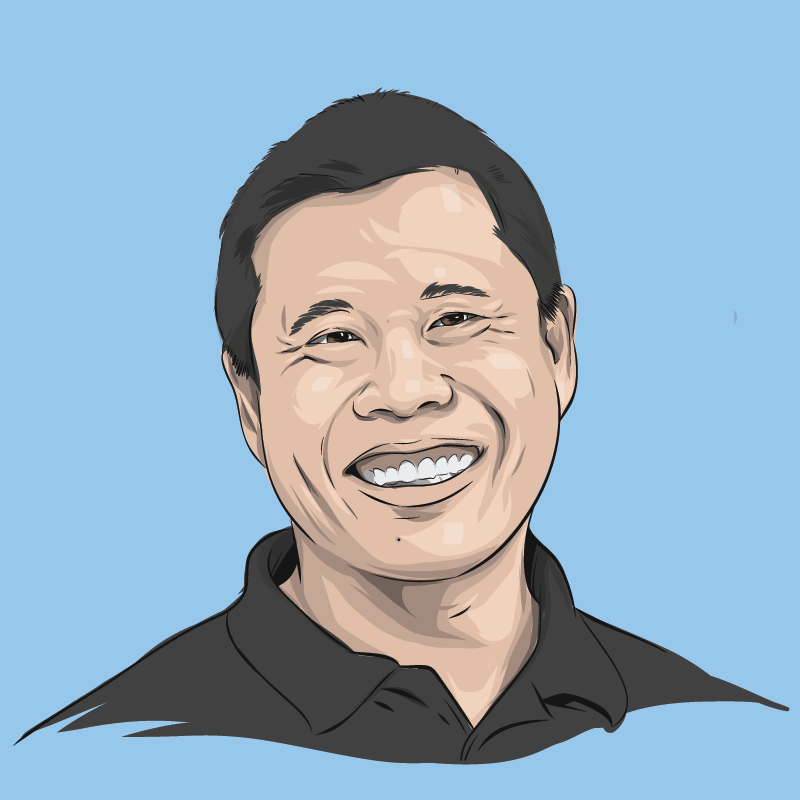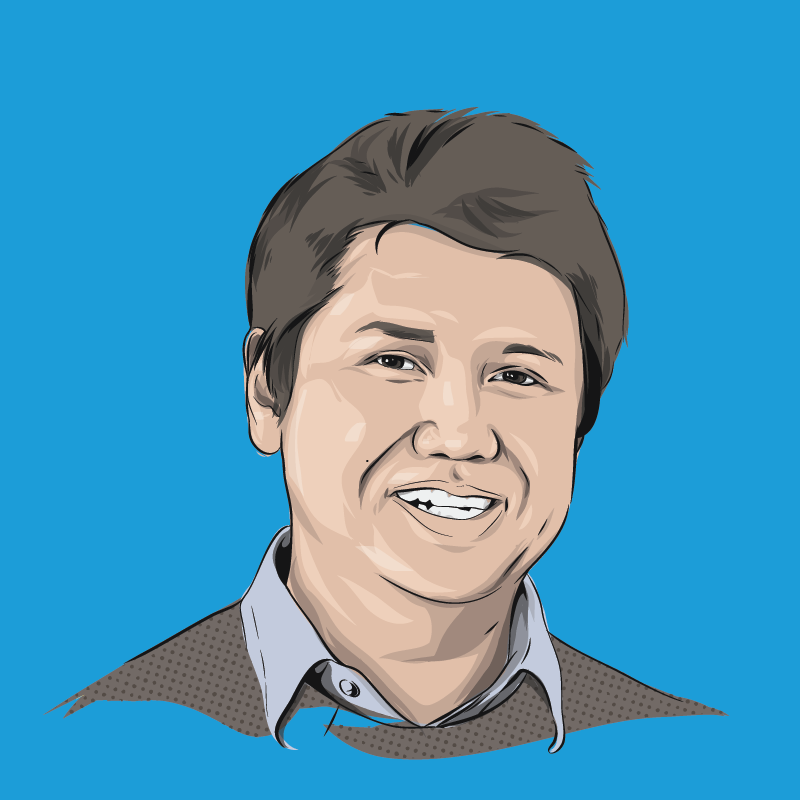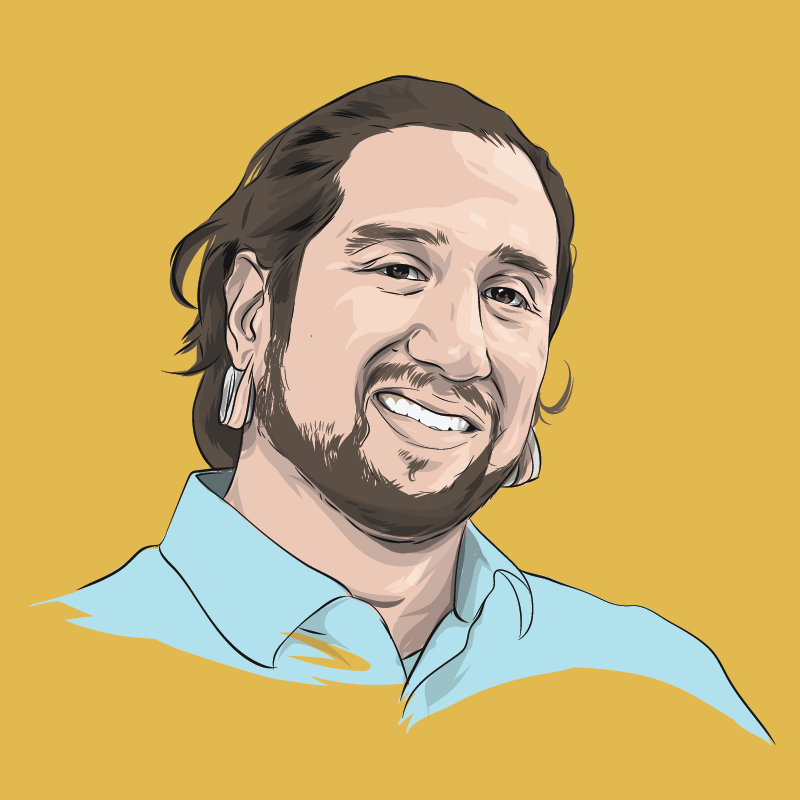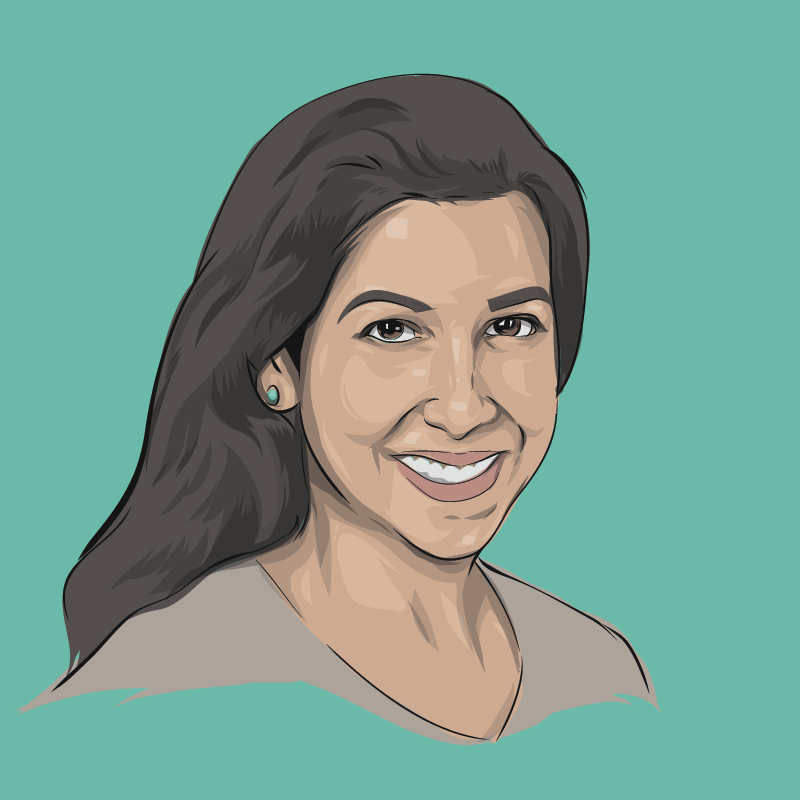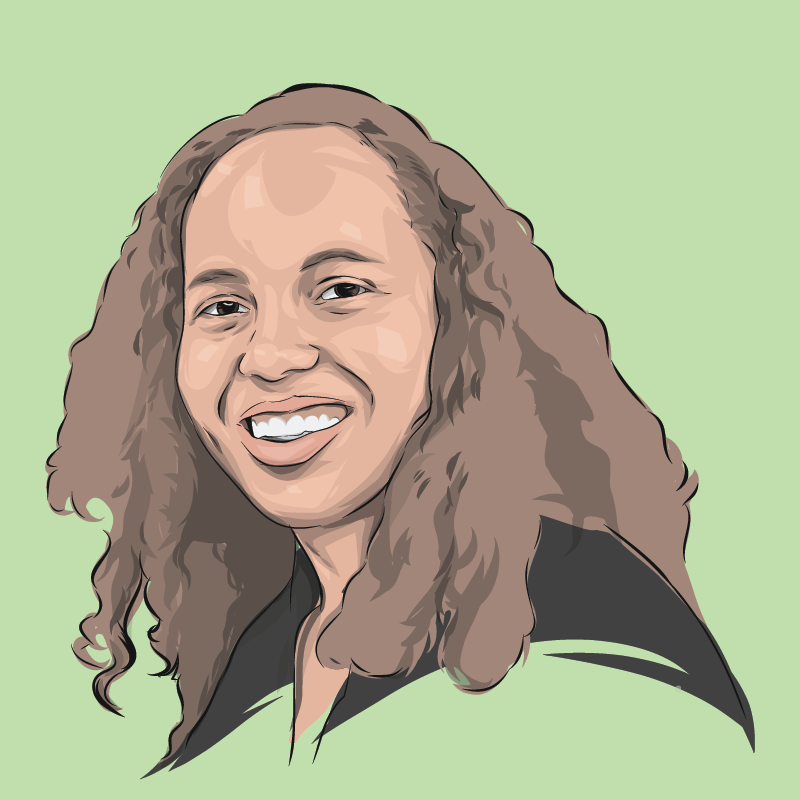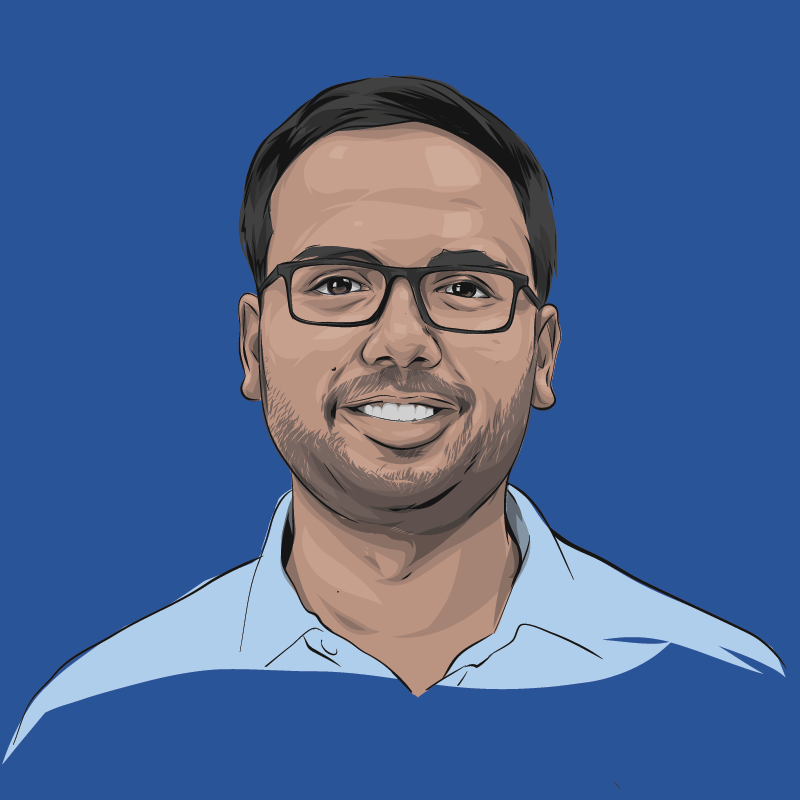Aimée Eubanks Davis

Chicago, Illinois
Constant learning
To Kill a Mockingbird by Harper Lee
Before the COVID-19 pandemic, only 30 percent of the 1.3 million low-income or first-generation college students who enrolled in school each year graduated and secured a strong first job or entered graduate school. With less traditional support systems, first-generation students often lack the skills, confidence, experiences, and networks to get strong economic opportunities. This reality leads to opportunity gaps and hampers a large portion of college graduates from joining the next generation of leaders.
Braven (Opens in a new tab) partners with universities and employers to build cutting-edge career education into the undergraduate experience for low-income and first-generation college students. These students, Braven Fellows, take a course at their participating partner institutions, which earns them college credit and folds them into the Braven network working to grow an extraordinary, diverse generation of leaders. Through online education and coaching, Braven graduates gain the key competencies, experiences, networks, and confidence needed to succeed in the workforce. Since its founding in 2013, the organization has scaled to four cities and worked with over 3,300 students. This coming year, the organization will serve another 2000 new Fellows and launch in a fifth region. Both before and during the pandemic, Braven Fellows outearn their peers nationally in strong job attainment by 22 percentage points (Opens in a new tab) six months after college graduation. By creating pathways to strong economic opportunities, Braven is proving that the American promise is real and tangible for first-generation college students who come from low-income backgrounds.
“Jalil did all that we tell our young people they need to do in order to succeed. He graduated from the Fremont Unified School District and went on to attend De Anza Community College. He worked hard, got good grades, and transferred to San José State University (SJSU). As a transferred junior, he spent three hours each day commuting back and forth to campus and paid for school with grants and scholarships.
He did everything right. But as a junior he had far fewer connections and career-development experiences than many of his more affluent peers. He wasn’t as likely to land the same fancy summer internship. He just worked incredibly hard and stayed incredibly focused—which we know should be enough, but isn’t.
Our team at Braven had the privilege of working with Jalil during his junior year in the credit-bearing course we lead at SJSU. In this time, he worked through online content and with a coach from the workforce and a cohort of his peers to develop his resume and interview skills, apply to (and receive!) a paid internship with Teach For America, communicate with the workforce, expand his network, understand his personal leadership assets, and learn to use data and design thinking to solve complex problems.
Jalil’s hard work paid off. At the start of his senior year, he earned a coveted Google Bold internship in Mountain View. And today, he works as a Program Manager, Online Recruiting at Google.”
My leadership and organization have evolved quite a bit over the last two years. During the pandemic, I’ve had to navigate a scary moment around the future of Braven and make difficult decisions, but thankfully our core model has proven its value. The Fellowship has provided me with invaluable perspectives, across sectors and continents, that have challenged and pushed my thinking as well as reinforced the power of collective action and how important context and on-the-ground leadership is.
Every Fellow has inspired me; they are all bold, creative, inclusive, and humble leaders who are authentically changing the world into its better self. Because this is a global fellowship, I learned an exponential amount from the non-US based Fellows about the context of their countries. Together we were also forced to learn – through being in the Fellowship during the pandemic – that our destinies are inextricably linked, and we had to grieve the loss of not being able to gather in person and from that we realized our collective resilience, which will make us all better leaders overall.
